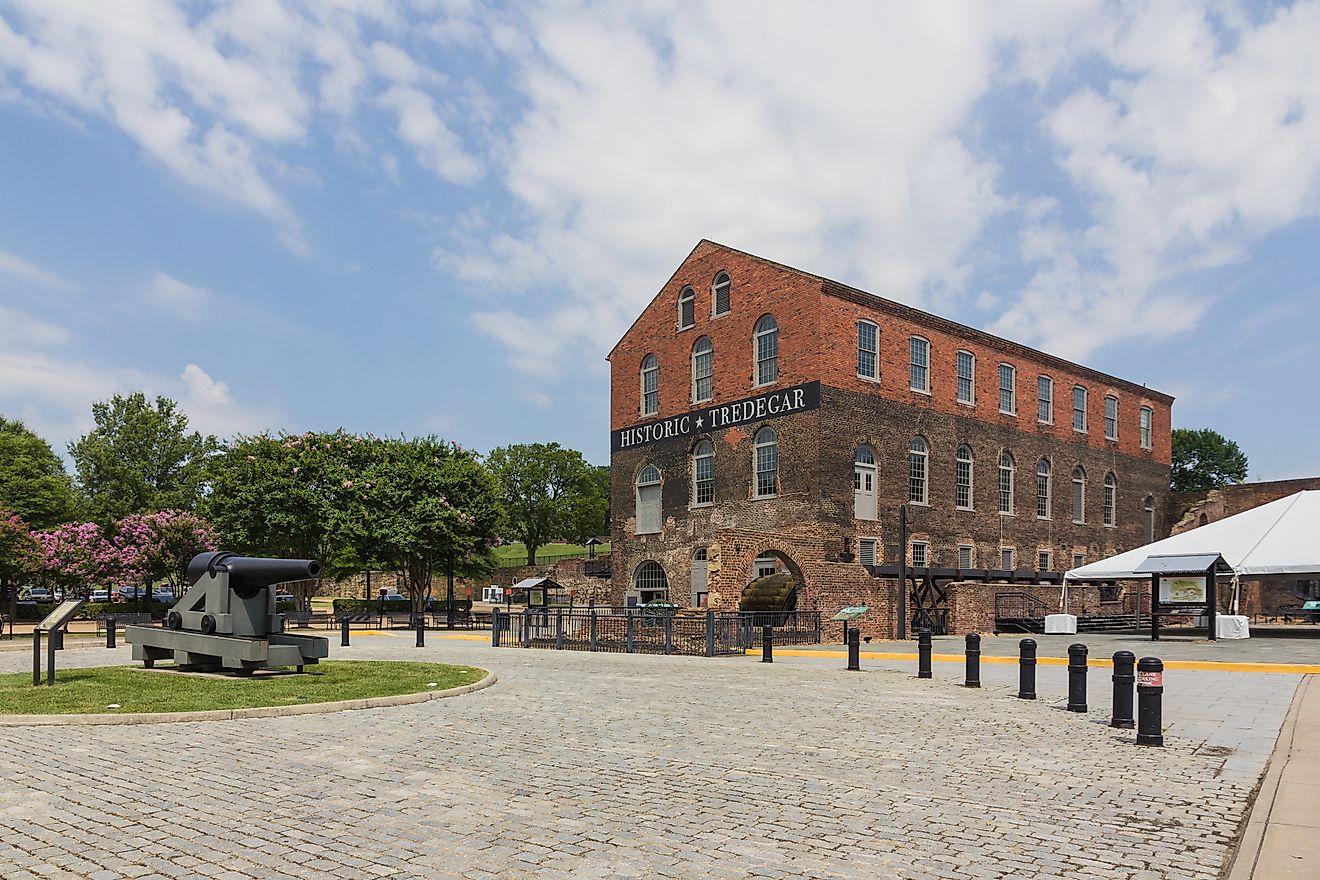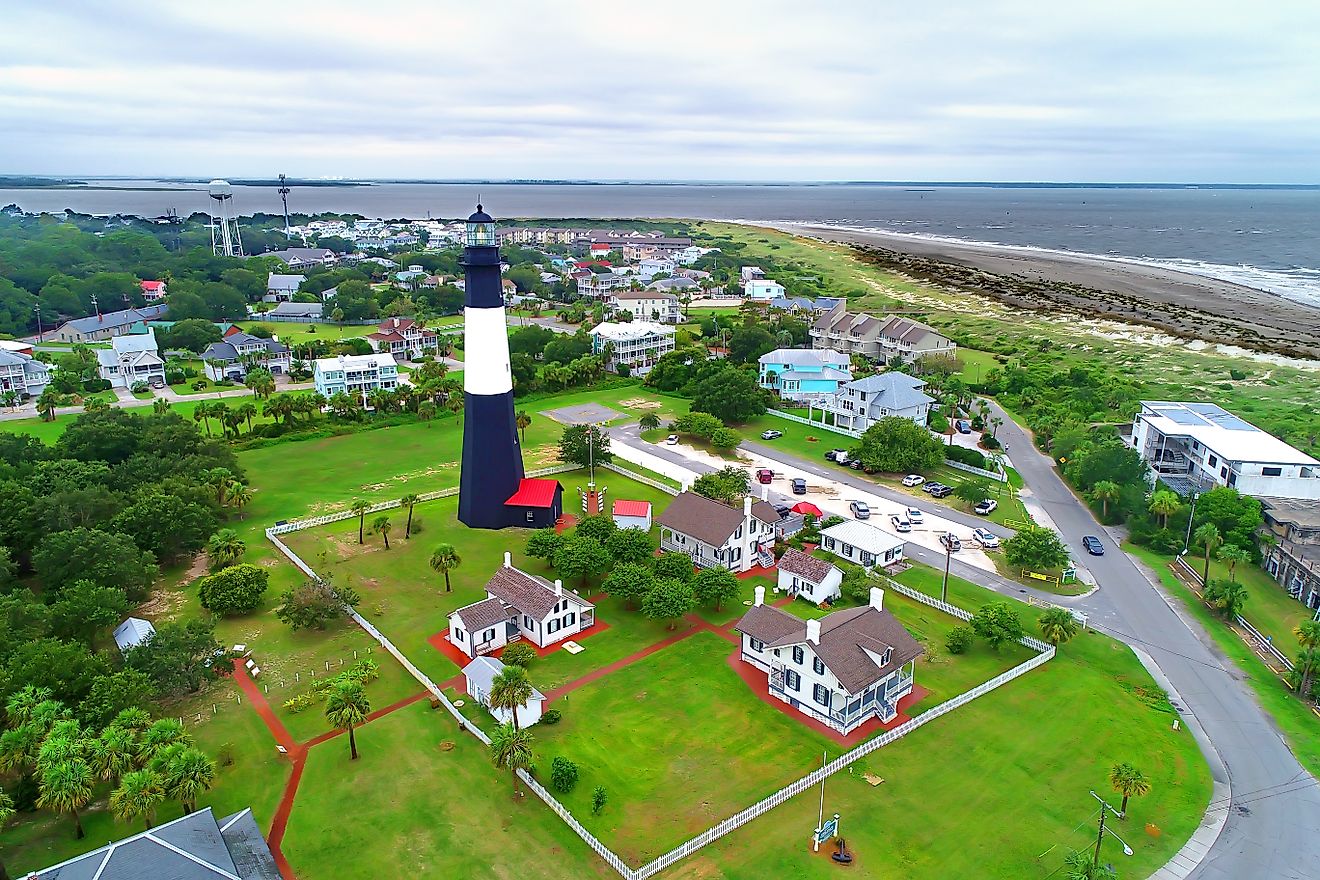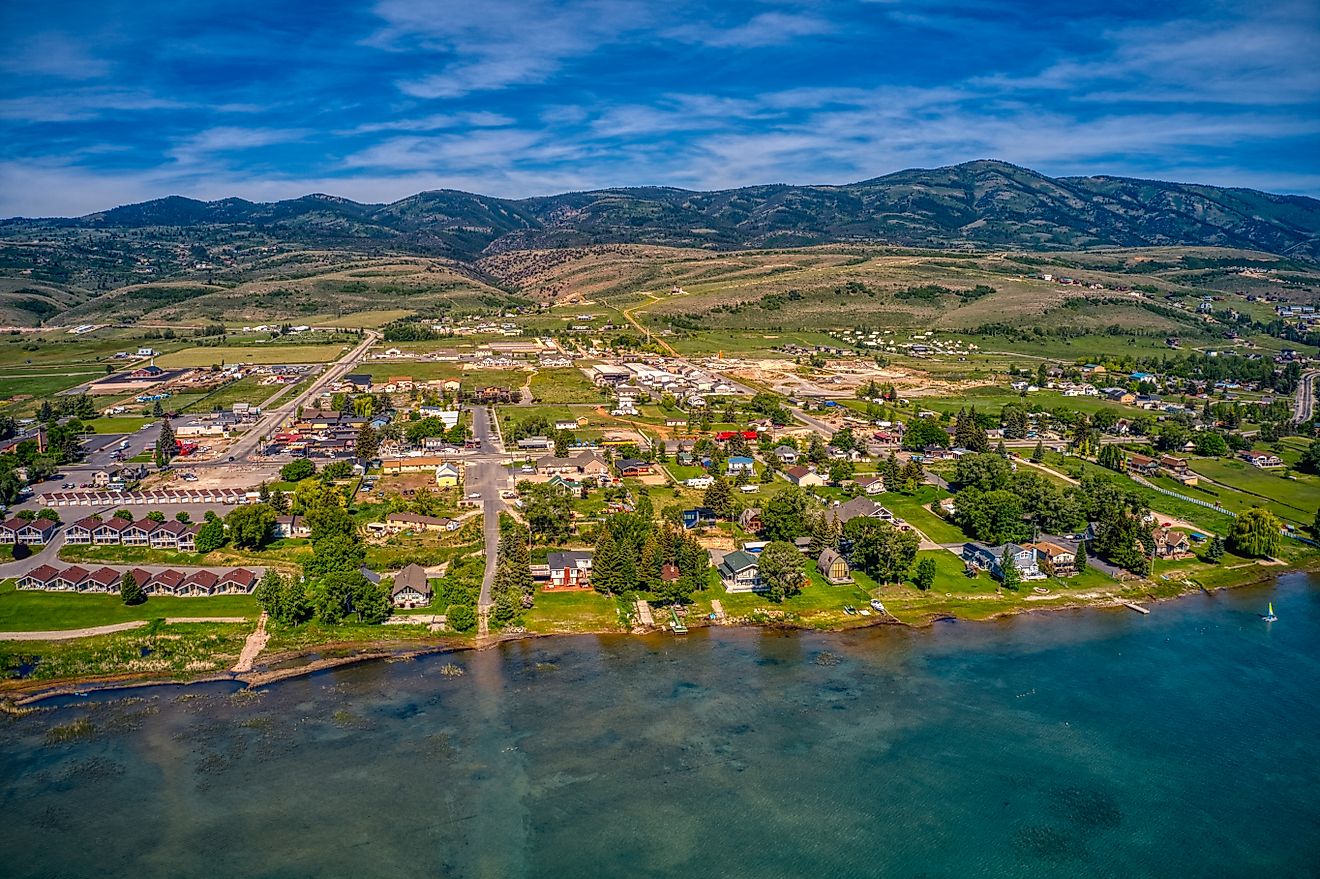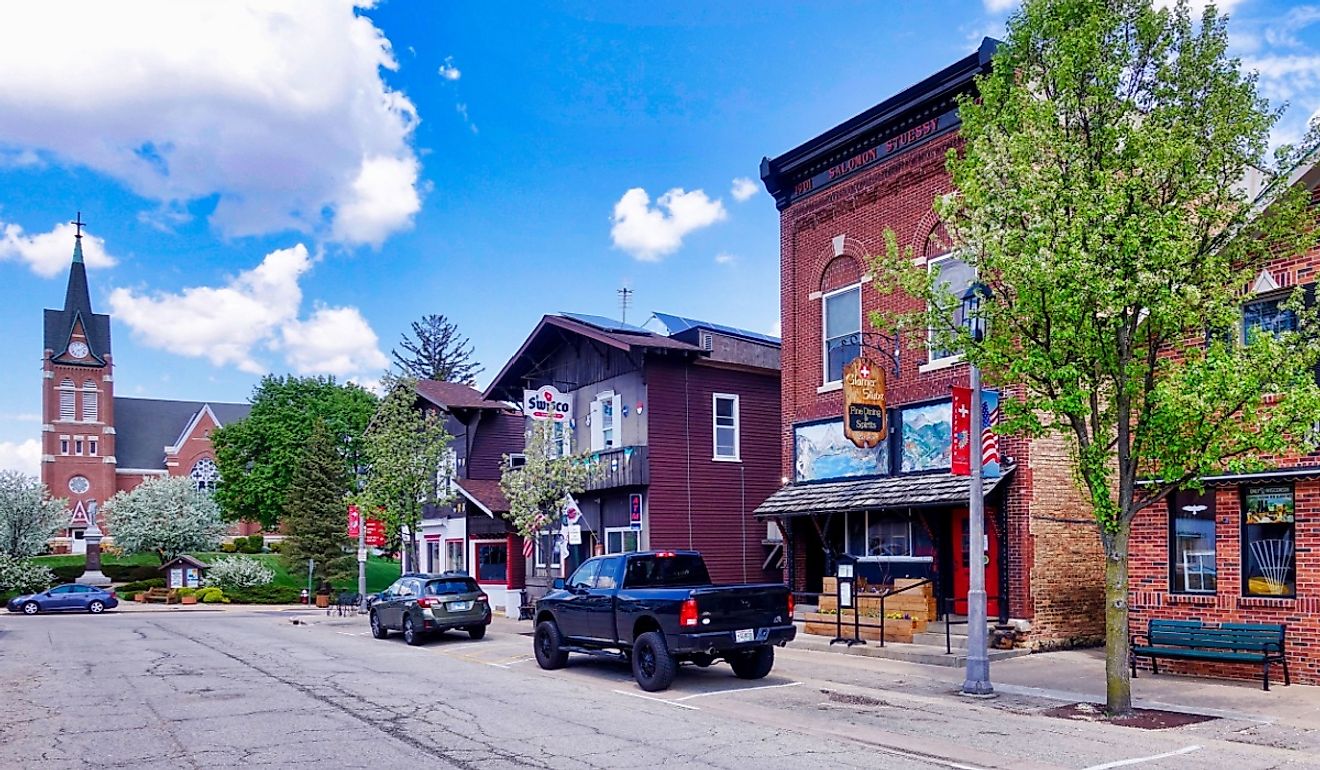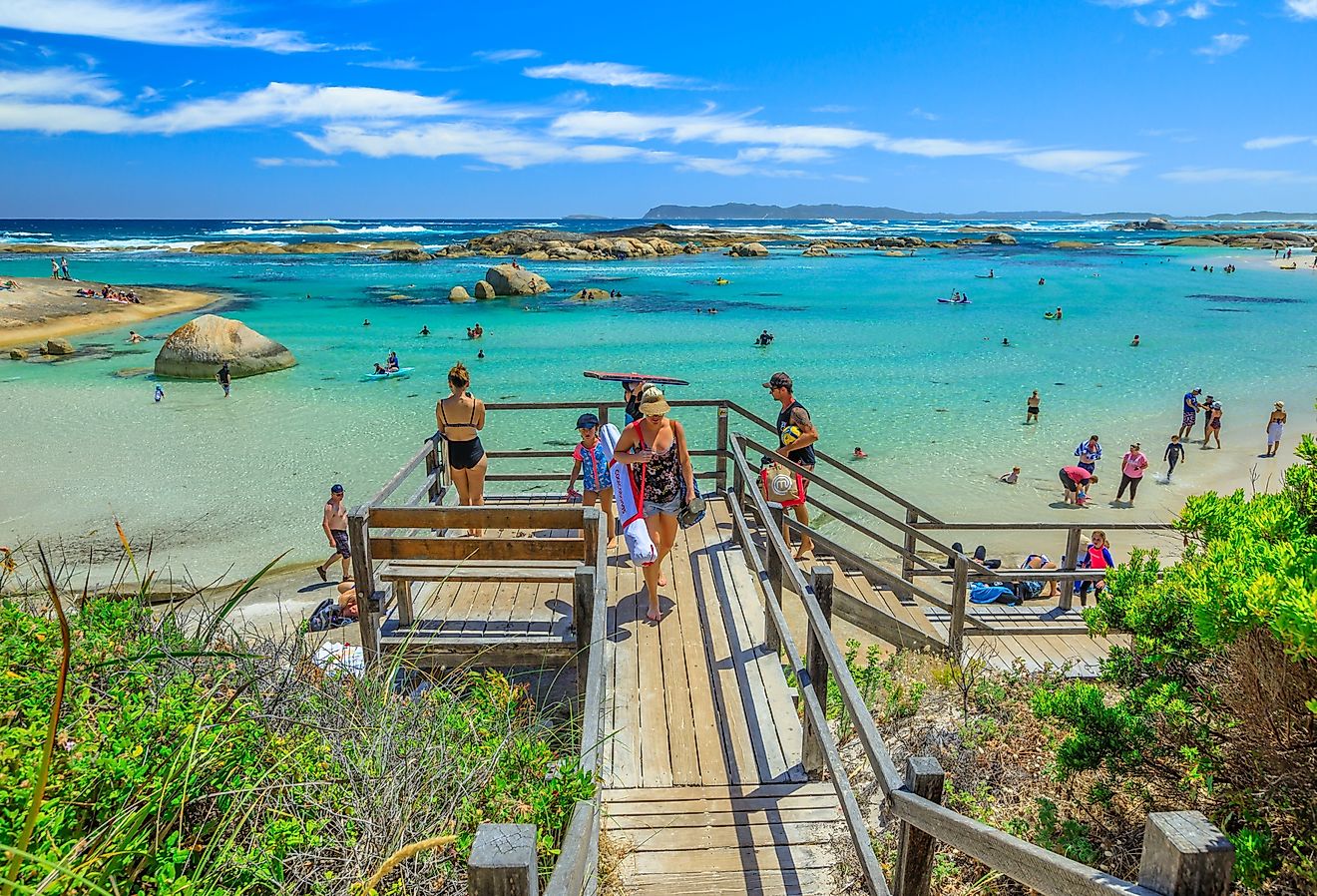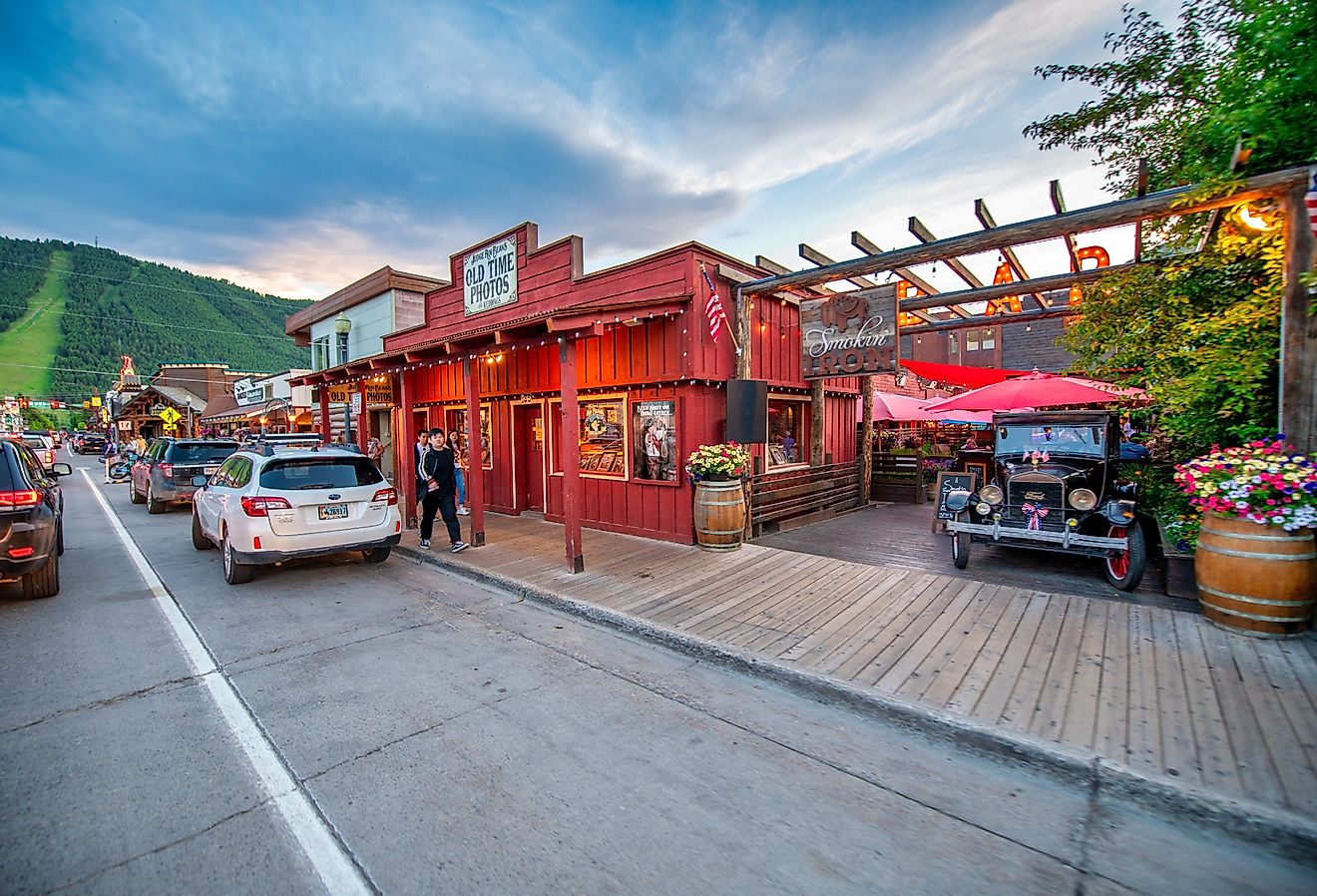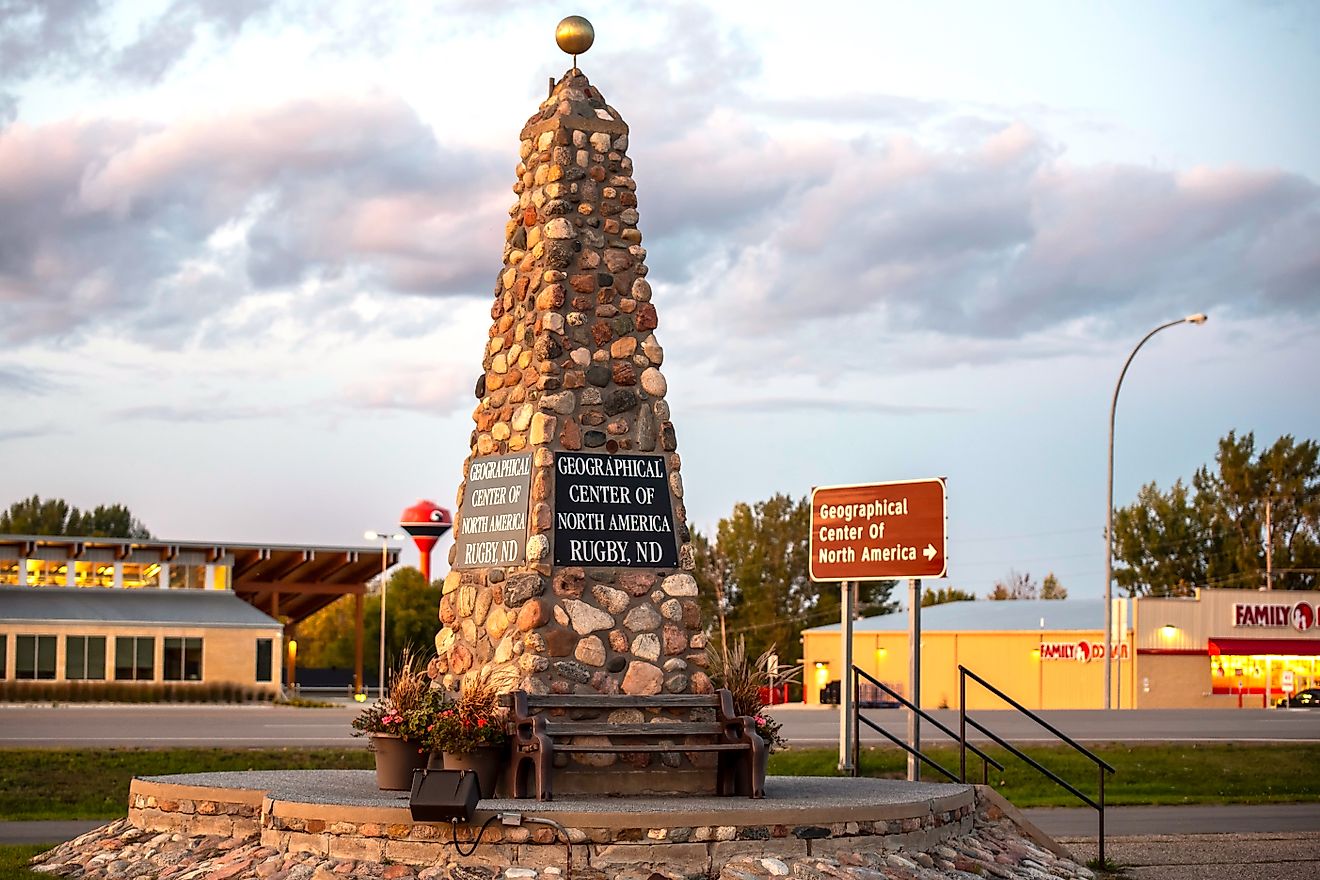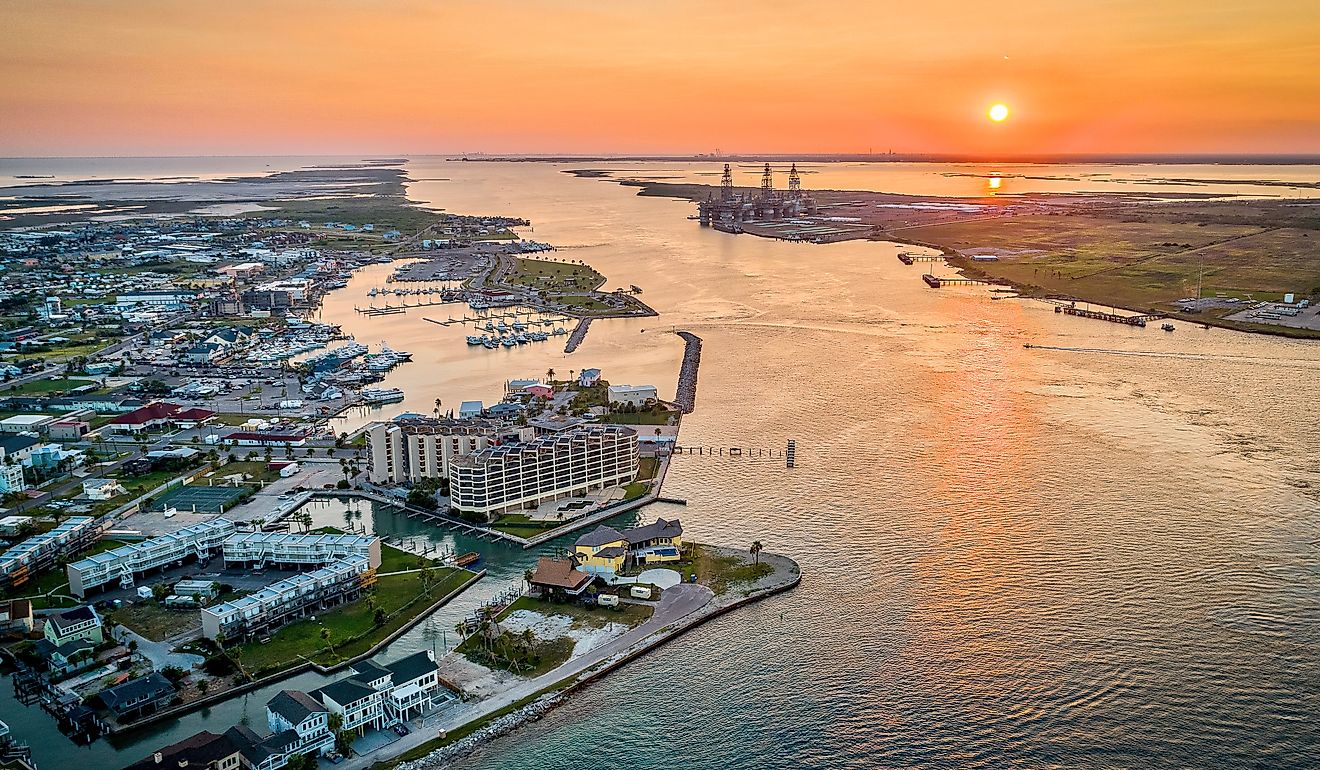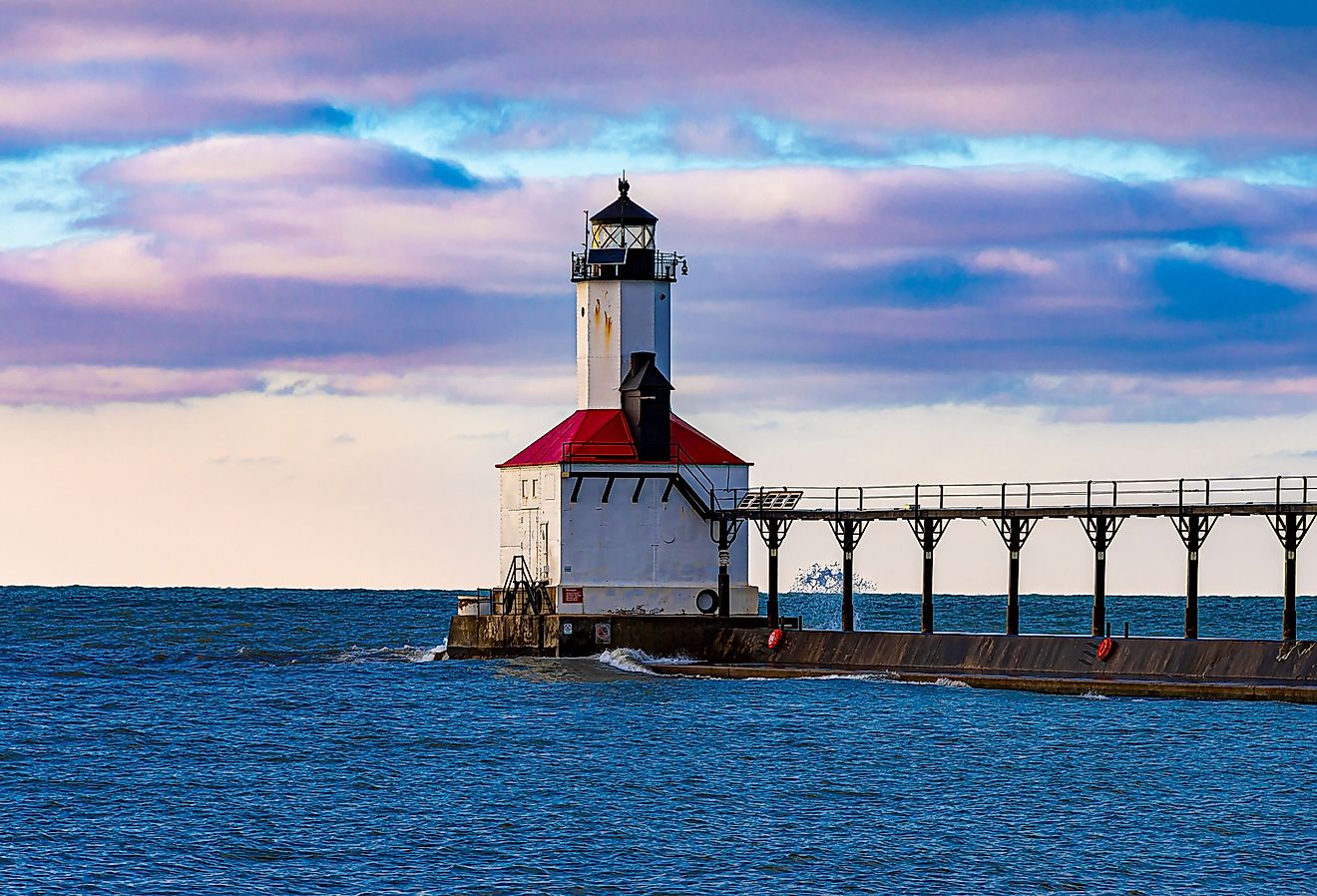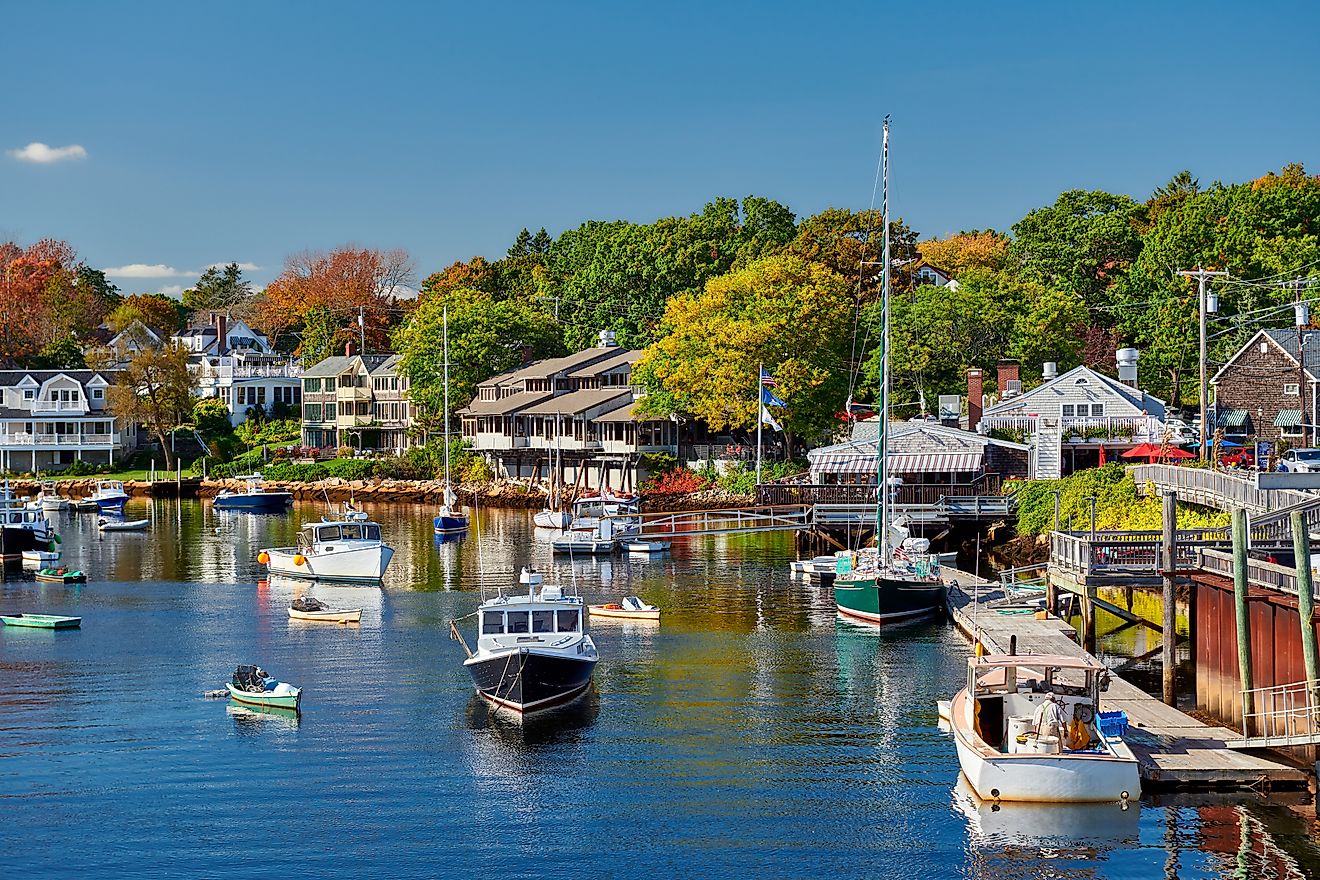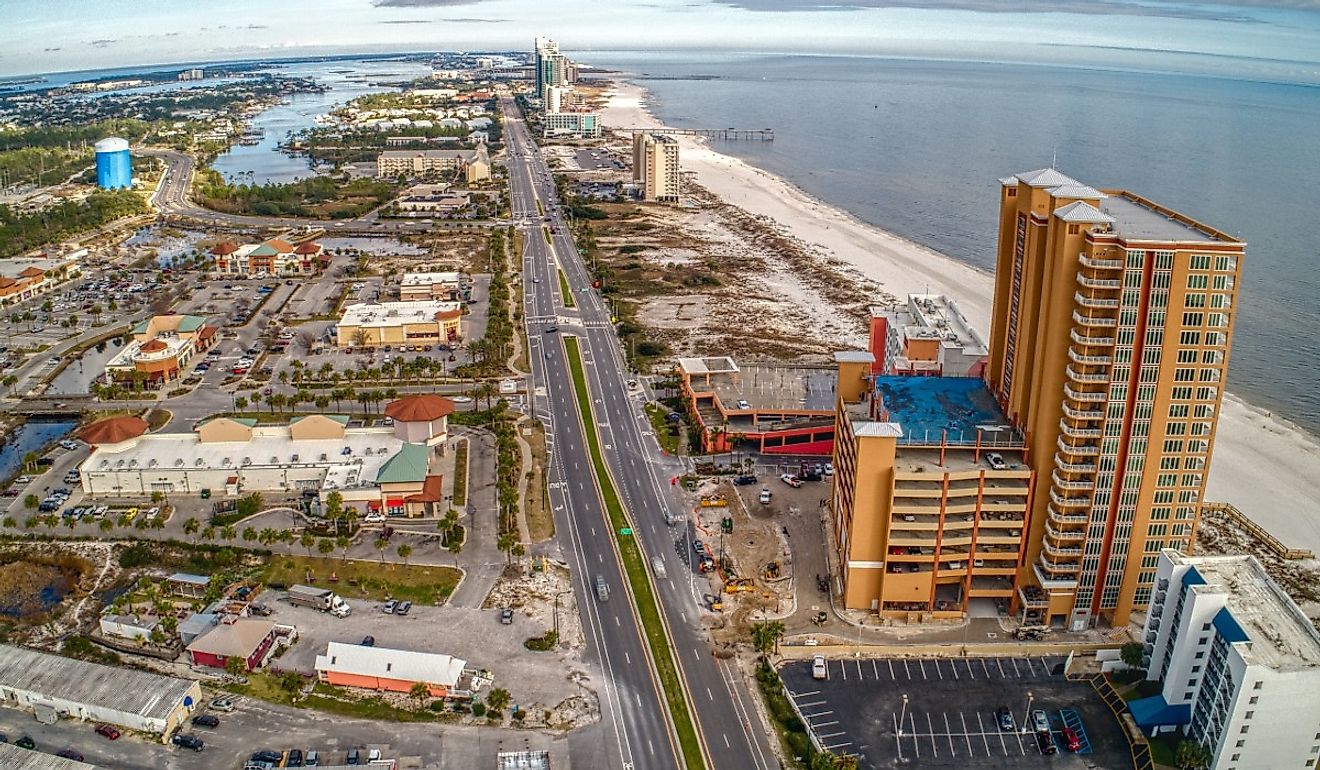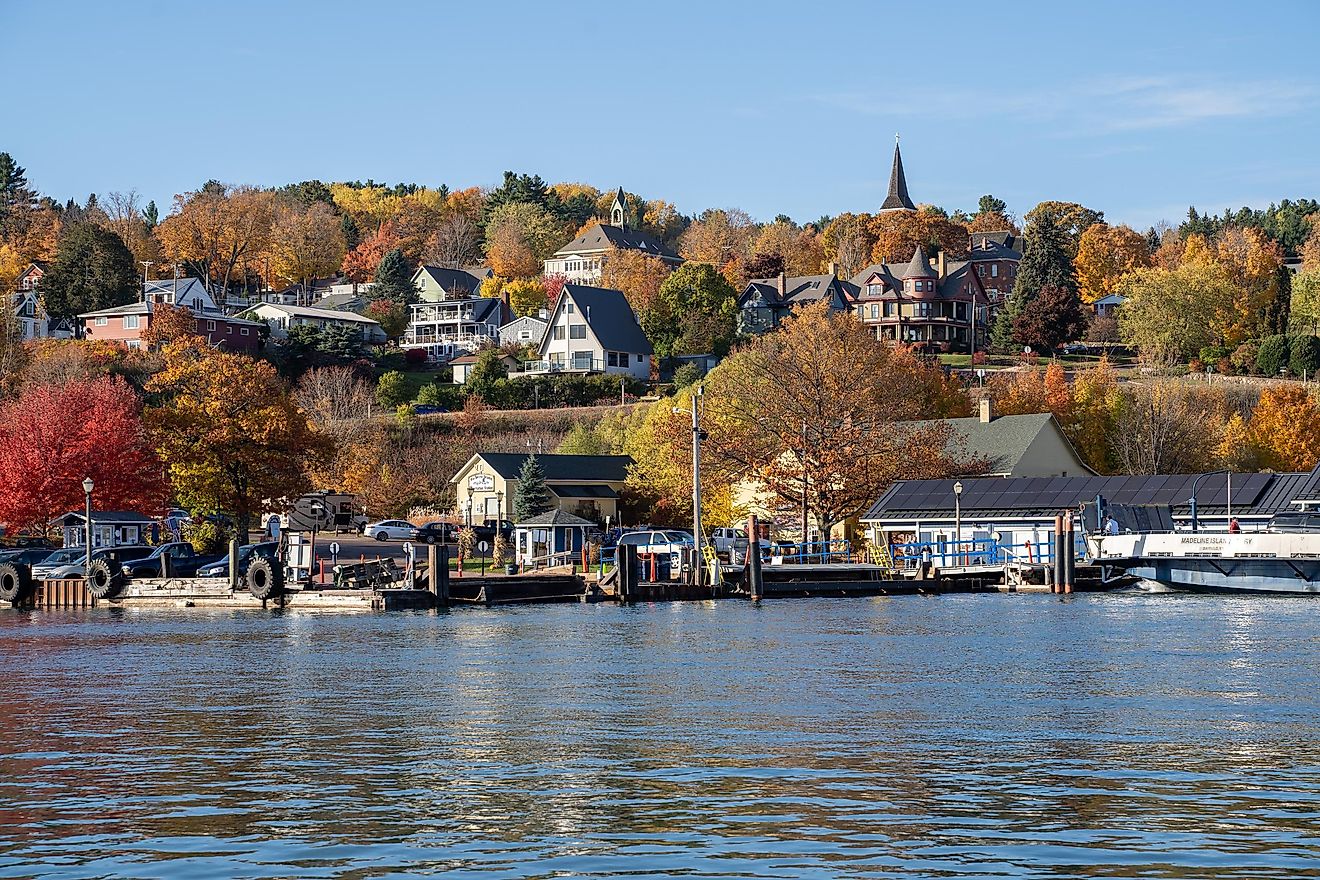
Boynton Beach, Florida
Boynton Beach is a city located in southeast Florida and is the third-largest municipality in Palm Beach County, the United States of America. The city covers an area of 42.79 square km with an altitude of only 6 meters. Boynton Beach has ample wildlife, and residents enjoy a tropical lifestyle with waterfront dining, shopping, and lively entertainment throughout the week.
Population Of Boynton Beach

In 2019, Boynton Beach was home to 76,800 people, of which 88% were citizens. Nearly a quarter of Boynton’s residents were born outside the United States.
In 2019, non-Hispanic White residents were 1.66 times more than any other race or ethnicity. The largest ethnic groups in Boynton Beach are non-Hispanic White at 49.6%, Black or African American at 29.8%, Hispanic White at 13.8%, Asian at 2.39%, and two or more races at 1.73%. All of the households speak English as their primary language.
The student population in Boynton Beach consists of mostly women, particularly Black or African American and Hispanic or Latino females. The most popular majors in Boynton Beach are General Cosmetology, Medical Assistance, and General Office Occupations & Clerical Services.
History Of Boynton Beach

The city of Boynton Beach is named after Major Nathan Smith Boynton. Major Boynton used to live in Port Huron, Michigan. He came to South Florida in 1895, where he purchased oceanfront land and began construction of Boynton Hotel on the ocean at the end of Ocean Avenue with workers recruited from Michigan. The workmen brought their families and settled in the new town, and the Boynton Hotel was opened by 1899.
In 1893, Henry Morrison Flagler arrived in the area. He commenced building one of the largest hotels in the world, the Hotel Royal Poinciana, and land value soared. Flagler pushed to bring the Florida East Coast railroad into Florida in 1895. This encouraged northerners to flock to the area seeking the warm weather. The area began to gain a reputation for the winter tourist season. Even Boynton and his family, who spent their summers in Port Huron, visited the town and their Boynton Hotel for winter.
A post office, schools, and churches were established within a few more years. The town expanded rapidly as a farming community. The people started growing vegetables for the hotel guests and opening up new sources of revenue through the shipment of tomatoes and, later on, pineapples to the north by train or steamer.
By 1910, the Federal U.S Census recorded the population as 670 residents. The town was incorporated in the 1920s as the “Town of Boynton.” In 1941, its name was changed to “City of Boynton Beach.”
Economy Of Boynton Beach
The median household income in Boynton Beach is $57,563. Although Boynton Beach is located in Florida, where the income inequality is lower than the national average, males still have an average income that is 1.34 times higher than the average income of females. The largest industries in Boynton Beach are Health Care & Social Assistance, Retail Trade, and Accommodation and Food Services.
Tourist Attractions In Boynton Beach

The residents of Boynton Beach do not have to travel outside the city to dine, shop, or even be entertained. The city has hundreds of restaurants, outdoor lifestyle shopping centers, and a regional mall. The city operates nine recreation centers, 29 parks, swimming pools, and a municipal beach offering many youth, adult, and senior programs.

Visitors enjoy visiting The Green Center and Wetlands, one of the city’s newest nature centers. It overlooks around 100 acres of wetlands and has a convenient 2.4 km long elevated boardwalk.
Animal kingdom fans visit The Arthur R. Marshall Loxahatchee National Wildlife Refuge, which first began with the Swampland Act of 1845, and the 1907 Everglades Drainage Act of 1845, both of which emphasized the need to protect local wildlife species. The refuge covers 566 square km of protected lands, swamps, and marshes, where guests visit to watch and photograph animals.
